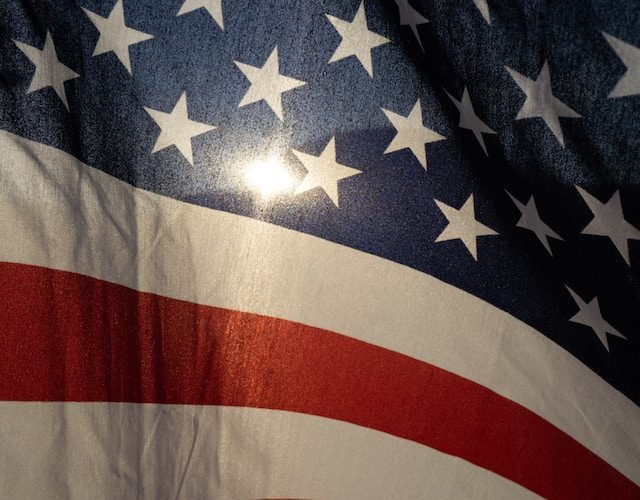Introduction:
Memorial Day, a solemn and significant holiday in the United States, is a time to honor and remember the courage and sacrifice of the men and women who have lost their lives while serving in the armed forces. Beyond the picnics and parades, it is crucial to understand the story behind Memorial Day, its historical significance, and the enduring impact it has on our nation. In this article, we will delve into the origins of Memorial Day, its evolution, and the ways in which we can meaningfully celebrate this important occasion.
The Civil War and Decoration Day:
The roots of Memorial Day can be traced back to the aftermath of the American Civil War. The nation was torn apart by a devastating conflict, and communities across the country were grappling with the immense loss of life. In various towns and cities, people began decorating the graves of fallen soldiers with flowers, a practice that became known as Decoration Day. It was a way to honor and pay tribute to those who had made the ultimate sacrifice.
Official Recognition and Evolution:
The official recognition of Memorial Day came on May 5, 1868, when General John A. Logan, the national commander of the Grand Army of the Republic, issued General Order No. 11. This order designated May 30th as a day to decorate the graves of Union soldiers with flowers. Over time, Decoration Day evolved into Memorial Day, expanding its scope to honor all Americans who have lost their lives in military service.
A National Holiday and Commemorative Traditions:
In 1971, Memorial Day became a federal holiday, ensuring its observance throughout the nation. It is a day filled with commemorative traditions that symbolize remembrance and gratitude. Many communities hold parades to honor fallen soldiers, featuring marching bands, veterans’ groups, and military displays. Wreath-laying ceremonies at military cemeteries and memorials are also common, accompanied by moments of silence and the playing of “Taps” to honor the fallen.
Beyond the Barbecues: Meaningful Celebrations:
While Memorial Day has become synonymous with the unofficial start of summer and outdoor gatherings, it is essential to remember its true purpose. Amidst the festivities, it is crucial to take a moment to reflect on the courage and sacrifice of the men and women who have given their lives in service to their country. Engaging in acts of remembrance, such as visiting memorials, participating in commemorative events, or sharing stories of fallen heroes, can help keep the spirit of Memorial Day alive.
Teaching the Next Generation:
Preserving the legacy of Memorial Day requires passing on its significance to future generations. Educators, parents, and communities play a vital role in teaching younger individuals about the importance of this holiday and the sacrifices made by our military heroes. By imparting knowledge about the history and traditions associated with Memorial Day, we ensure that its meaning endures and resonates with generations to come.
Conclusion:
Memorial Day holds a deep and profound significance in the United States. It is a day to honor the courage and sacrifice of those who have laid down their lives in defense of our nation. By understanding the story behind Memorial Day, embracing its traditions, and engaging in acts of remembrance, we can ensure that the memories of our fallen heroes are preserved and that their sacrifices are never forgotten. Let us come together as a nation to celebrate and pay tribute to these courageous men and women who have given their all for our freedom and way of life.












